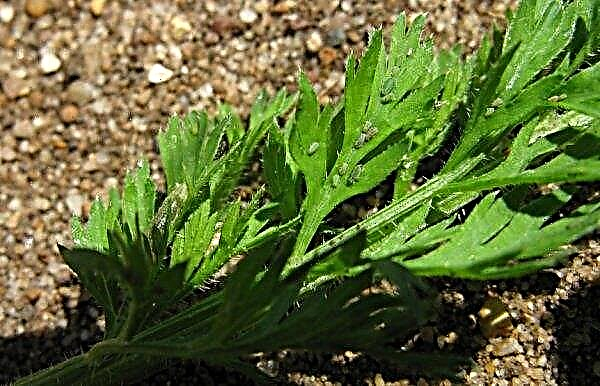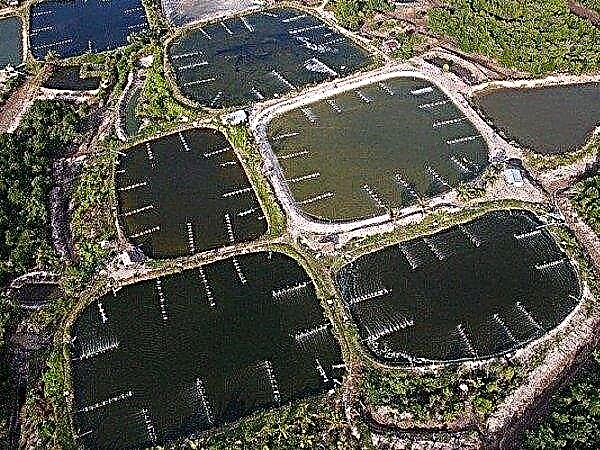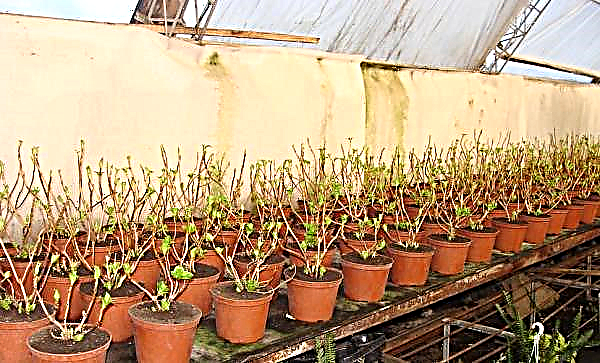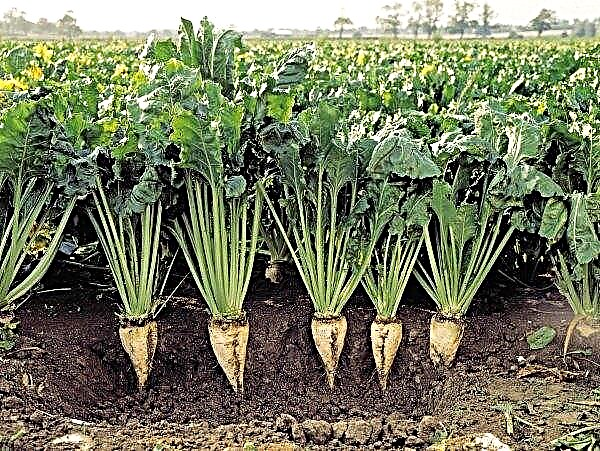The genetic diversity of plants in Central Europe may be affected due to rising temperatures and droughts caused by climate change. Only a few individuals of the species are truly adapted to extreme conditions, according to a study published by the journal Nature.
An international group of scientists from the two German centers of the Max Planck Institute for Development Biology and the University of Tubingen, from the Spanish Polytechnic University of Madrid and the University of California California, California, have analyzed populations of the Tal Reed plant (Arabidopsis thaliana (L.), a small flowering plant widely distributed in Europe, Asia and the north West Africa.
Due to its short life cycle and the convenience of in vitro cultivation, it is one of the most popular model organisms in plant molecular biology and genetics.
 Plant Rhesuhovidka Tal (Arabidopsis thaliana)
Plant Rhesuhovidka Tal (Arabidopsis thaliana)
For the experiment, scientists collected Tal Rezukhovidka in 500 places in Europe. Plants found in Spain and Germany lacked water, so it was possible to observe how individual specimens react to heat and drought.
Researchers' forecasts show that with a decrease in precipitation and a rise in temperature, especially in the areas between the Mediterranean Sea and Northern Europe, the dominant plant populations will not survive due to the lack of an appropriate genetic mutation. This may apply to many plant species in Europe.

Modern research methods provide genetic information about an increasing number of species. This helps to make a more accurate prediction of which species are most affected by climate change.












